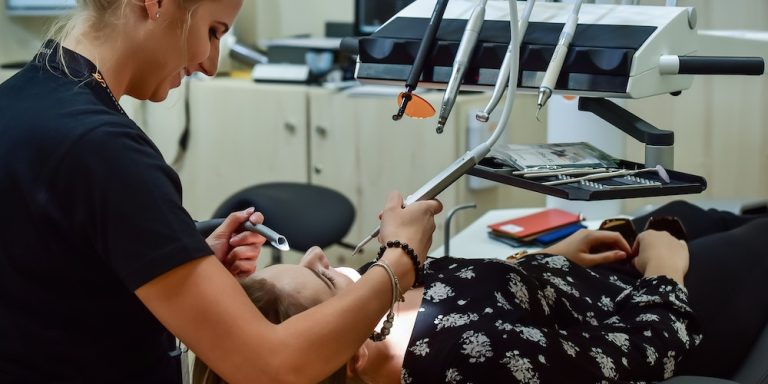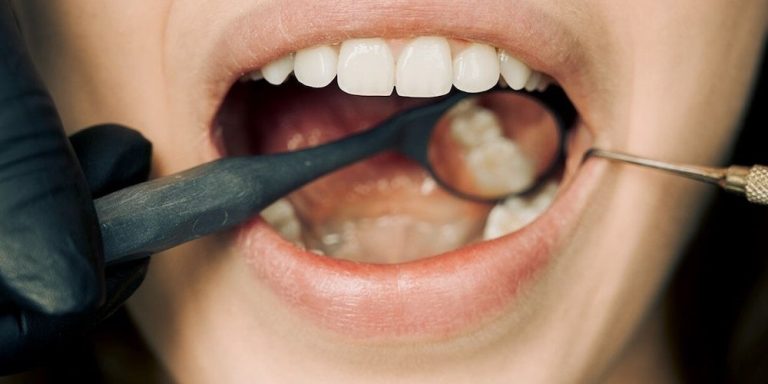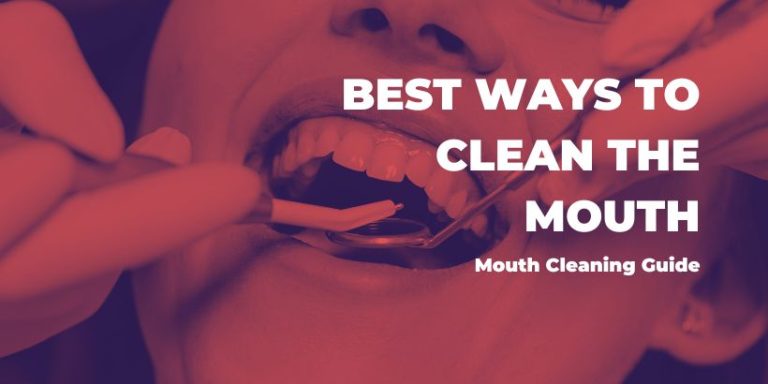In this article, we’ll discuss dental care tips for parents to keep their child’s smile bright.
Introduction
Parenthood is a wonderful journey filled with love, laughter, and lots of learning. One of the essential aspects of nurturing your child’s overall health is ensuring proper dental care.
A bright and healthy smile not only boosts confidence but also contributes to better overall well-being.
In this comprehensive guide, we will present the top 10 dental care tips for parents to maintain their child’s smile bright and healthy. From establishing good oral hygiene habits to visiting the dentist regularly, we’ve got you covered.
Table of Contents
Top 10 Dental Care Tips for Parents
In this section, we’ll discuss the top dental care tips for parents to keep their children’s smile bright.
1. Start Early: The Foundation of Healthy Smiles
Dental care should begin even before your child’s first tooth emerges. Gently wipe their gums with a soft, damp cloth after feedings to remove bacteria and prevent oral issues.
Once the first tooth appears, switch to a small, soft-bristled toothbrush and use a grain-sized amount of fluoride toothpaste.
2. Brushing Techniques: The Right Way to Do It
Teaching your child proper brushing techniques is crucial for maintaining a healthy smile. Encourage them to brush at least twice a day, using gentle circular motions on the teeth and gums.
Show them how to reach all surfaces, including the back molars, to ensure comprehensive cleaning.
3. Flossing Matters: Reaching Where Toothbrush Can’t
Flossing is equally important as brushing for dental health. As soon as your child has two teeth that touch, start flossing between them daily.
It helps to remove plaque and food particles from areas that a toothbrush cannot reach effectively.
4. Healthy Diet, Healthy Smile: The Power of Nutrition
A balanced and nutritious diet plays a significant role in your child’s dental health. Limit sugary snacks and beverages, as they can lead to tooth decay.
Instead, opt for fresh fruits, vegetables, dairy products, and water. These choices not only promote overall health but also support strong teeth and gums.
5. Make Brushing Fun: Engage and Entertain
Make brushing time enjoyable to encourage your child’s interest in dental care. Use colorful toothbrushes, let them choose their favorite toothpaste flavor, and play their favorite music while brushing.
These small gestures can turn dental care into a delightful daily routine.
6. Regular Dental Visits: Prevention Is Key
Regular dental check-ups are vital for early detection and prevention of dental issues. Schedule your child’s first dental visit by their first birthday or when their first tooth appears.
Frequent visits will help your child become familiar with the dental environment and reduce anxiety.
7. Seal the Deal: Protecting Vulnerable Teeth
Dental sealants act as protective shields for your child’s molars and premolars, where tooth decay commonly occurs.
These thin coatings prevent food particles and bacteria from settling in the crevices, ensuring healthier teeth in the long run.
8. Set an Example: Lead by Doing
Children often emulate their parents’ behavior, making it crucial for parents to practice good dental care habits themselves.
Brush and floss together as a family to show your child that dental care is a priority for everyone.
9. Mouthguards for Safety: Preserve Smiles in Sports
If your child is active in sports, protect their teeth with a custom-fitted mouthguard.
Accidents can happen, and wearing a mouthguard can prevent dental injuries and safeguard their smile.
10. Limit Pacifier Use and Thumb Sucking: Promote Natural Development
While pacifiers and thumb sucking can provide comfort to young children, prolonged use can lead to dental problems.
Limit their usage to prevent issues with jaw and teeth alignment.
How to Tackle Dental Emergencies: Quick Tips for Parents
Accidents happen, and when it comes to dental emergencies, quick action is essential. As parents, knowing how to handle dental mishaps can make all the difference in preserving your child’s smile.
Here are some quick tips to tackle dental emergencies effectively:
- Toothache Troubles: If your child complains of a toothache, rinse their mouth with warm water and floss gently to ensure there are no food particles causing discomfort. If the pain persists, contact your dentist for further guidance.
- Knocked-Out Tooth: If a permanent tooth gets knocked out, handle it carefully by the crown (top part) and avoid touching the root. Rinse the tooth gently with water if dirty, and try to reinsert it into the socket if possible. If not, place the tooth in a container of milk or saliva and rush to the dentist or an emergency dental clinic immediately.
- Chipped or Fractured Tooth: Rinse your child’s mouth with warm water to clean the area around the chipped or fractured tooth. If there’s bleeding, apply gentle pressure with a clean gauze or cloth. Visit the dentist as soon as possible for appropriate treatment.
- Loose Tooth: If your child’s tooth becomes loose due to injury, avoid wiggling it or pulling it out. Instead, visit the dentist, who can assess the situation and determine the best course of action.
- Object Stuck Between Teeth: If something gets stuck between your child’s teeth, try gently using dental floss to remove it. Do not use sharp or pointed objects, as they may cause further damage.
- Bleeding Gums: If your child’s gums are bleeding, rinse their mouth with warm water and gently apply pressure with a clean cloth or gauze. If the bleeding persists, seek advice from your dentist.
- Injured Soft Tissues: In the case of injuries to the lips, cheeks, or tongue, clean the area gently with water and apply a cold compress to reduce swelling. If bleeding is excessive or doesn’t stop, visit the emergency room or dentist immediately.
- Broken Braces or Wires: If your child’s braces or wires break or become loose, contact their orthodontist for guidance on temporary fixes until a proper appointment can be scheduled.
- Canker Sores: Canker sores are common and usually heal on their own. However, you can help ease discomfort by avoiding spicy and acidic foods, and using over-the-counter oral gels or rinses.
- Dental Trauma Prevention: While accidents can’t always be avoided, you can take precautions to minimize the risk of dental trauma. Encourage the use of mouthguards during sports activities and ensure childproofing the home to avoid falls and injuries.
Conclusion
Maintaining your child’s bright smile involves both daily dental care and being prepared for dental emergencies. With the top 10 dental care tips and quick tips for handling emergencies, you are now equipped to support your child’s oral health journey.
By instilling good dental habits from an early age, you’re setting them up for a lifetime of confident smiles. Remember, regular dental visits, healthy dietary choices, and creating a positive dental care routine can make all the difference.
Embrace the role of being a dental champion for your child, and together, you’ll keep their smile bright and joyful for years to come.
Frequently Asked Questions
Q: When should I start taking my child to the dentist?
Starting dental visits early is essential. Schedule their first dental appointment by their first birthday or when their first tooth appears.
Q: How often should my child brush their teeth?
Encourage your child to brush their teeth at least twice a day, in the morning and before bedtime, using a soft-bristled toothbrush and fluoride toothpaste.
Q: Is flossing really necessary for children?
Yes, flossing is vital for children to remove plaque and food particles from between teeth. Start flossing as soon as two teeth touch.
Q: Can sugary snacks and beverages harm my child’s teeth?
Yes, sugary snacks and beverages can lead to tooth decay. Opt-in for healthier alternatives like fresh fruits, vegetables, and water.
Q: How can I make dental care enjoyable for my child?
You can make dental care fun by using colorful toothbrushes, letting your child choose their toothpaste flavor, and playing music during brushing.
Q: Are mouthguards necessary for sports activities?
If your child is involved in sports, mouthguards are essential to protect their teeth from injuries and preserve their smile.




